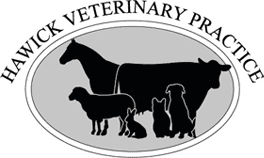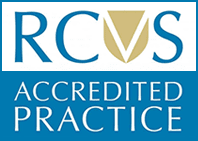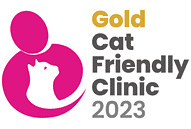Whatever pet you care for, they all require specific healthcare to make sure they don’t fall ill or develop any problems.
Here at Hawick Vets, we are perfectly positioned to help you keep your companion in the peak of health for as long as possible with our range of small animal services.





